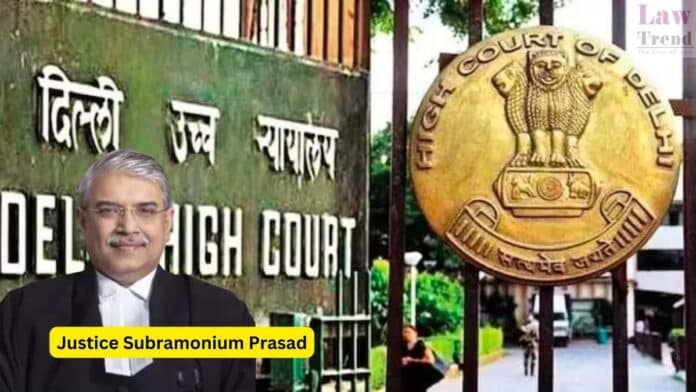In a significant ruling, the Delhi High Court has declared that travel information is personal and cannot be disclosed to third parties under the Right to Information (RTI) Act, except in cases involving the larger public interest. This decision came as the court dismissed an appeal challenging an earlier judgment by the Central Information Commission (CIC).
The case involved Ehtesham Qutubuddin Siddiqui, a death row convict in the 2006 Mumbai train blasts, who sought details of travel entries (departure and arrival) of Mohammad Alam Gulam Sabir Quraishi between January and June 2006 from Mumbai to Hong Kong or China. These entries were recorded by the Foreigners’ Regional Registration Office (FRRO) or the Immigration Office.
Justice Subramonium Prasad, presiding over the case, agreed with the CIC’s January 2022 decision, which denied the information on the grounds that it pertained to a third party and was exempt under section 8(1)(j) of the RTI Act. The judge emphasized that personal information such as travel details should not be released unless there is a compelling public interest justification.
The court noted that the denial of this information did not constitute a perverse judgment warranting interference under Article 227 of the Constitution of India. This stands as a reaffirmation of the protection of personal information under Indian law.
Also Read
Siddiqui’s legal representation argued that the information was crucial for his ongoing appeal in the Bombay High Court, suggesting that Quraishi’s testimony implicated Siddiqui in the case, which they claim was based on false charges. However, the court advised that if the information is crucial and not part of the criminal court’s records, Siddiqui could seek it under section 391 of the Code of Criminal Procedure (CrPC).
This ruling follows another decision where the court rejected Siddiqui’s petition challenging the CIC’s refusal to disclose information regarding the sanction for his prosecution under the Unlawful Activities (Prevention) Act (UAPA) and other related inquiries.




